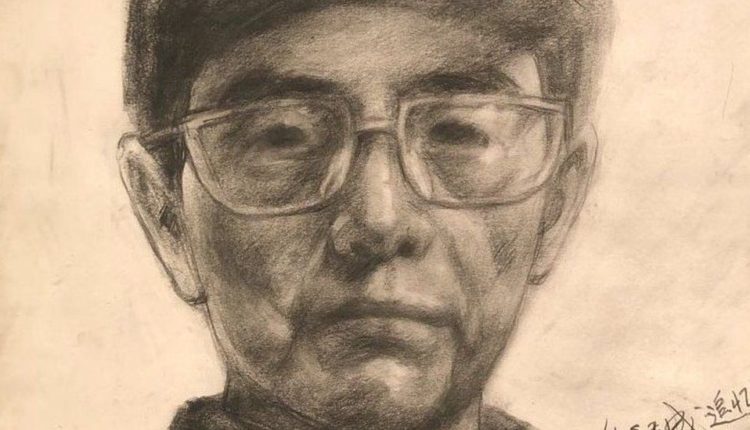Like many who come to America, Leng Hongsheng was looking for freedom.
He arrived in the 1990s, having lived through the tumult of a world war, a cultural revolution and the emergence of a nation into modernity.
He was thought to have been an engineer back in China. In New York, he collected rubbish for a living, peddling around Chinatown in Queens looking for plastic bottles and electronics to recycle.
Still, he found joy, brought his family to the US and got a green card, endeavouring to make a better life.
That hope ended last month, when Mr Leng, 82, along with his wife and daughter, drowned in the turbid waters that flooded his tiny basement flat – one of 14 victims of Hurricane Ida in New York City.
A memorial for the family was held on 3 October, a month after the devastating storm struck.
Most of the casualties in New York, including a two-year-old boy and an 86-year-old woman, were Asian and Hispanic immigrants living in illegal basement dwellings.
The tragedies have laid bare the ways in which extreme weather events ravage decaying infrastructure, devastate low-income communities and deepen social inequality, leading to what experts call a “climate apartheid”.
Without a more equitable approach to intervention, the problem will only get worse.
Hurricane Ida, a powerful Category 4 storm, made landfall in Louisiana with wind speeds of 150mph (240 km/h). As it moved north, it left a trail of destruction with dozens killed and tens of thousands of homes seriously damaged. When it hit the Northeast on 1 September it would become the deadliest storm the region has faced since Hurricane Sandy in 2012.
The deluge started around sunset and continued until past midnight. New rainfall records had just been set days earlier by a tropical storm, only for them to be broken again when Ida arrived. Rainfall averages for the entire month of September were reached within a few hours, triggering one of the worst urban flood disasters in US history.
It was around 11pm when Wu Ming was woken up by the sound of water. He opened his eyes, only to realise that flood waters were gushing into his ground-floor flat, on the same block as the Leng family’s home.
He looked out the window and saw cars floating in the streets. “I had never seen anything like that in my 10 years of living in New York,” Mr Wu told the BBC in Mandarin. (Wu Ming isn’t his real name, as he has asked not to be identified.)
In less than two minutes, the water rose from his knees to his chest. He tried to escape through his front door, but to his shock, it wouldn’t move an inch – he could not prise it open against the powerful cascade of water. He fled through the back door and spent a sleepless night on the outside staircase.
“I thought ‘just endure tonight, we’d all be okay tomorrow,'” Mr Wu, a builder in his 50s, said.
There were glimpses of hope. A resident swam through the flash flood and rescued a cat and a dog from a flooded apartment. Residents on higher floors provided shelters to others.
It crossed Mr Wu’s mind at some point that he had not spotted the Leng family.
“I wanted to help them,” Mr Wu said, “but the floods were so overwhelming. I couldn’t even see the door to their basement.”
Source: BBC


Comments are closed.